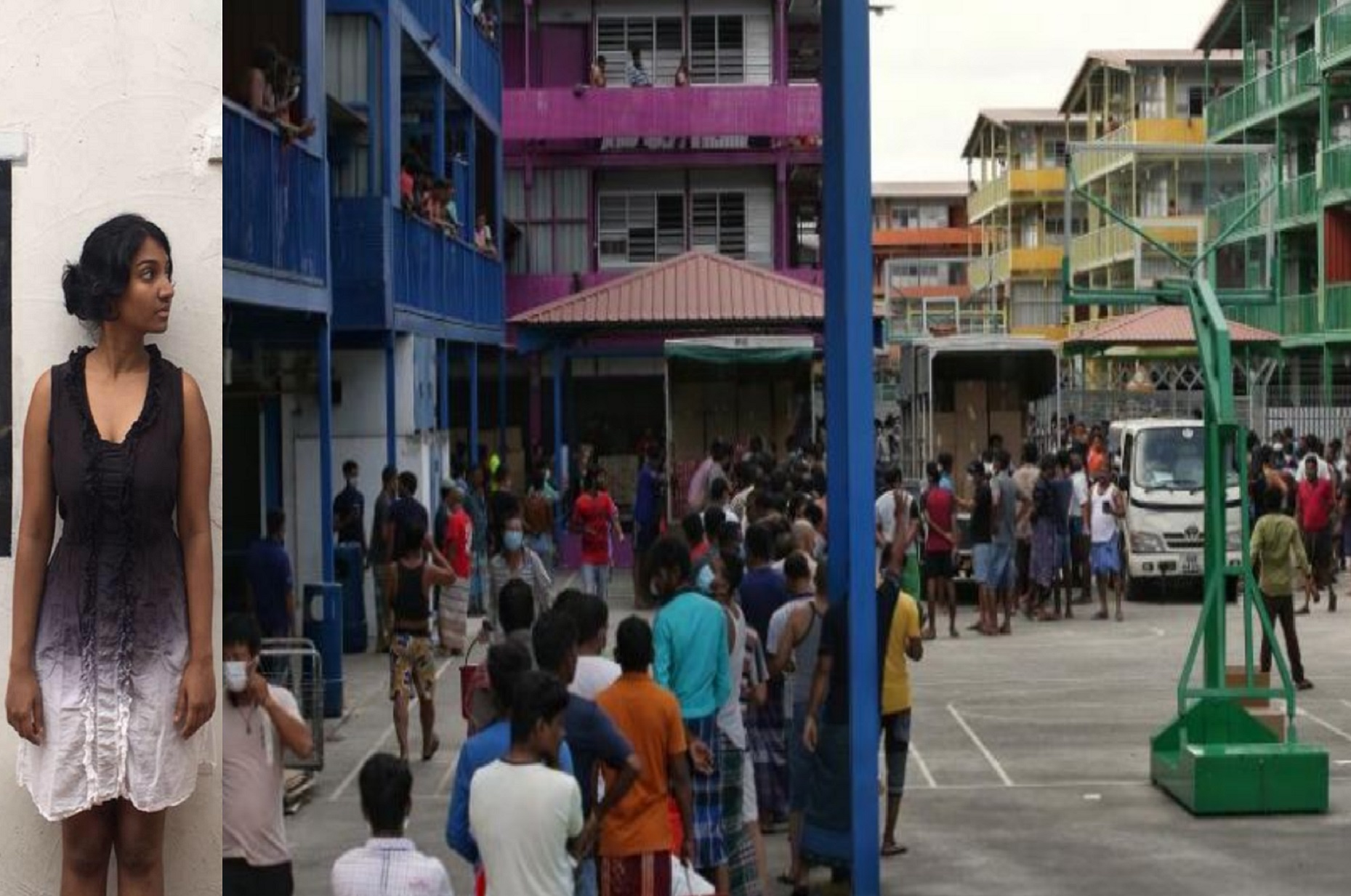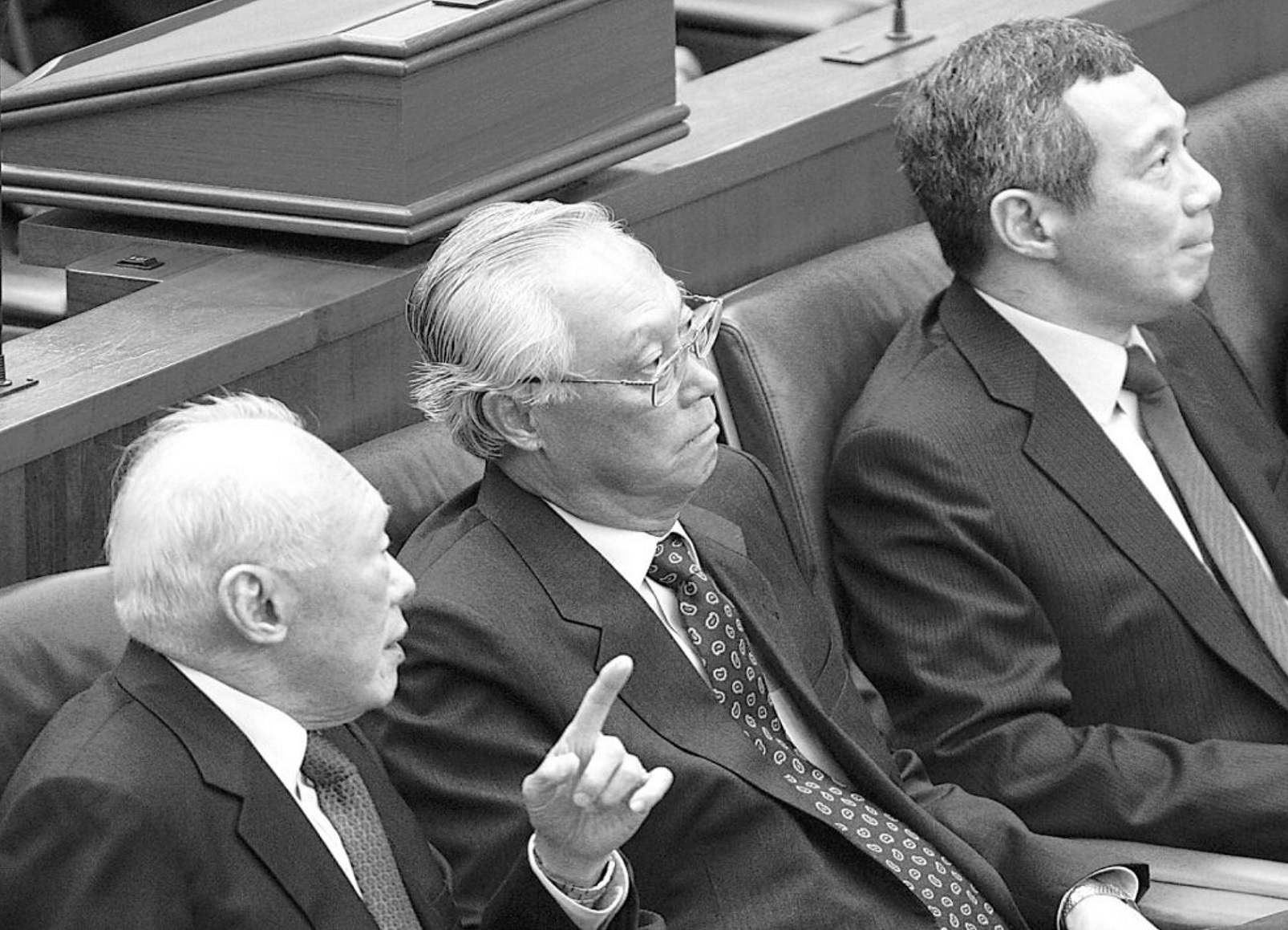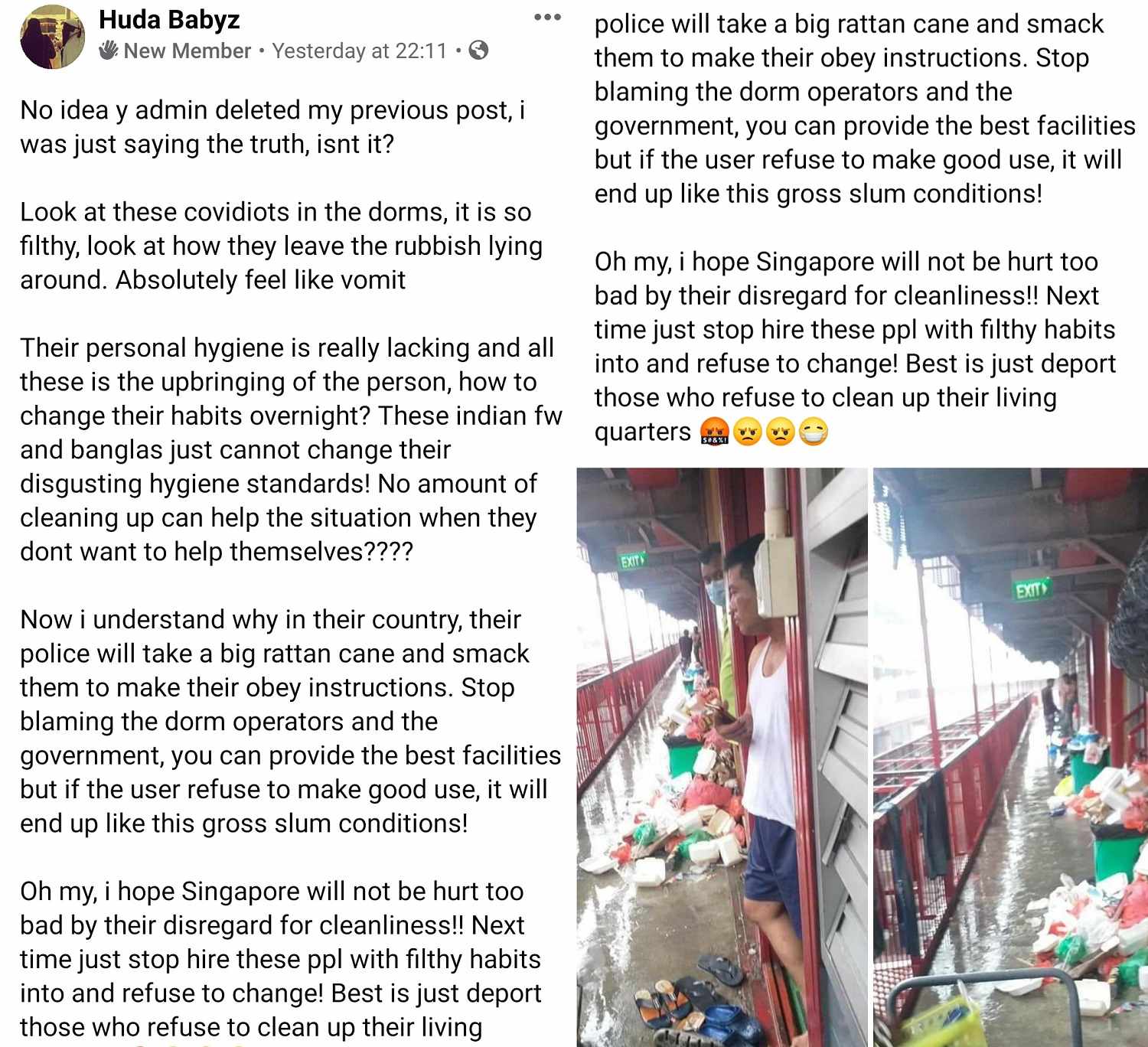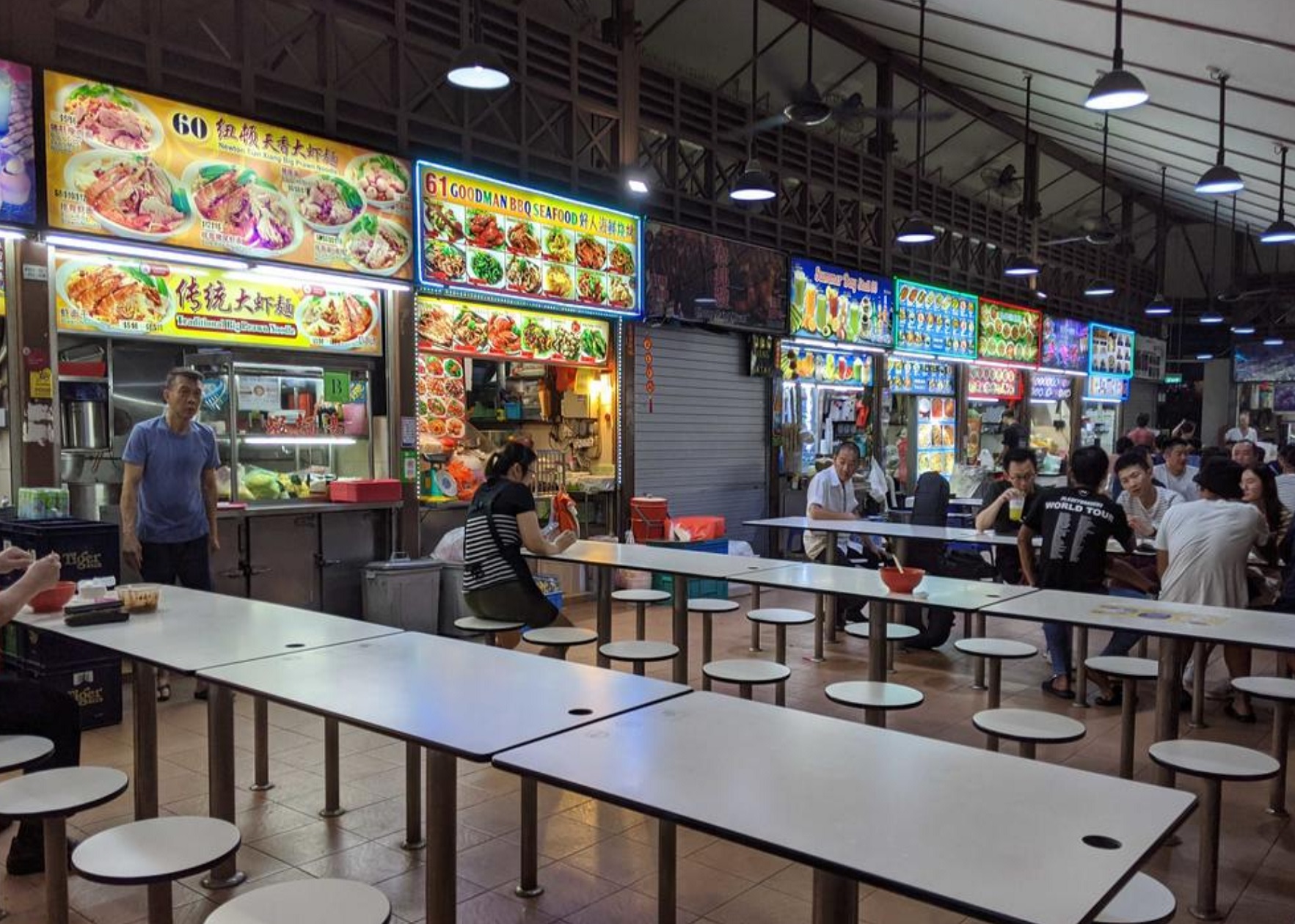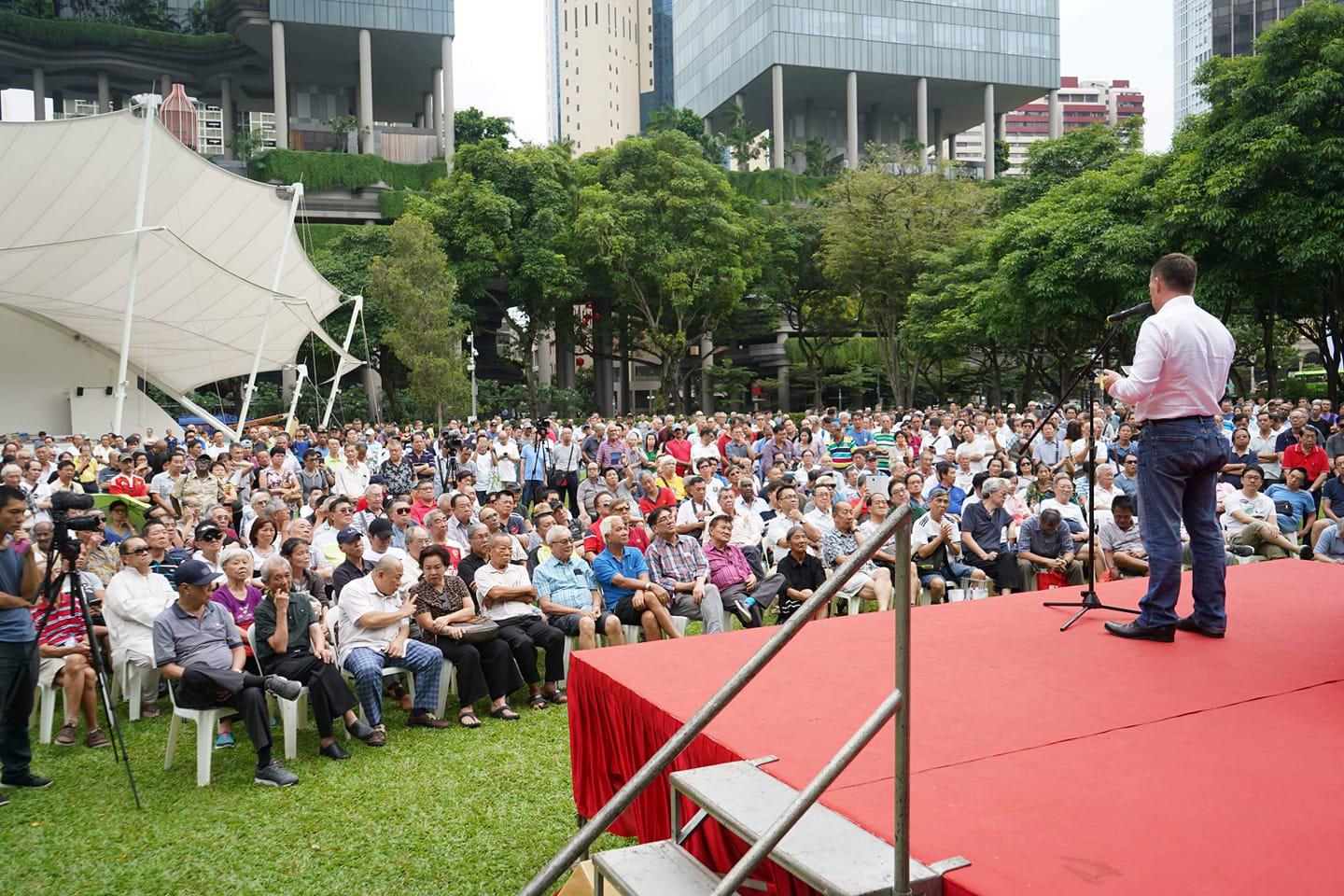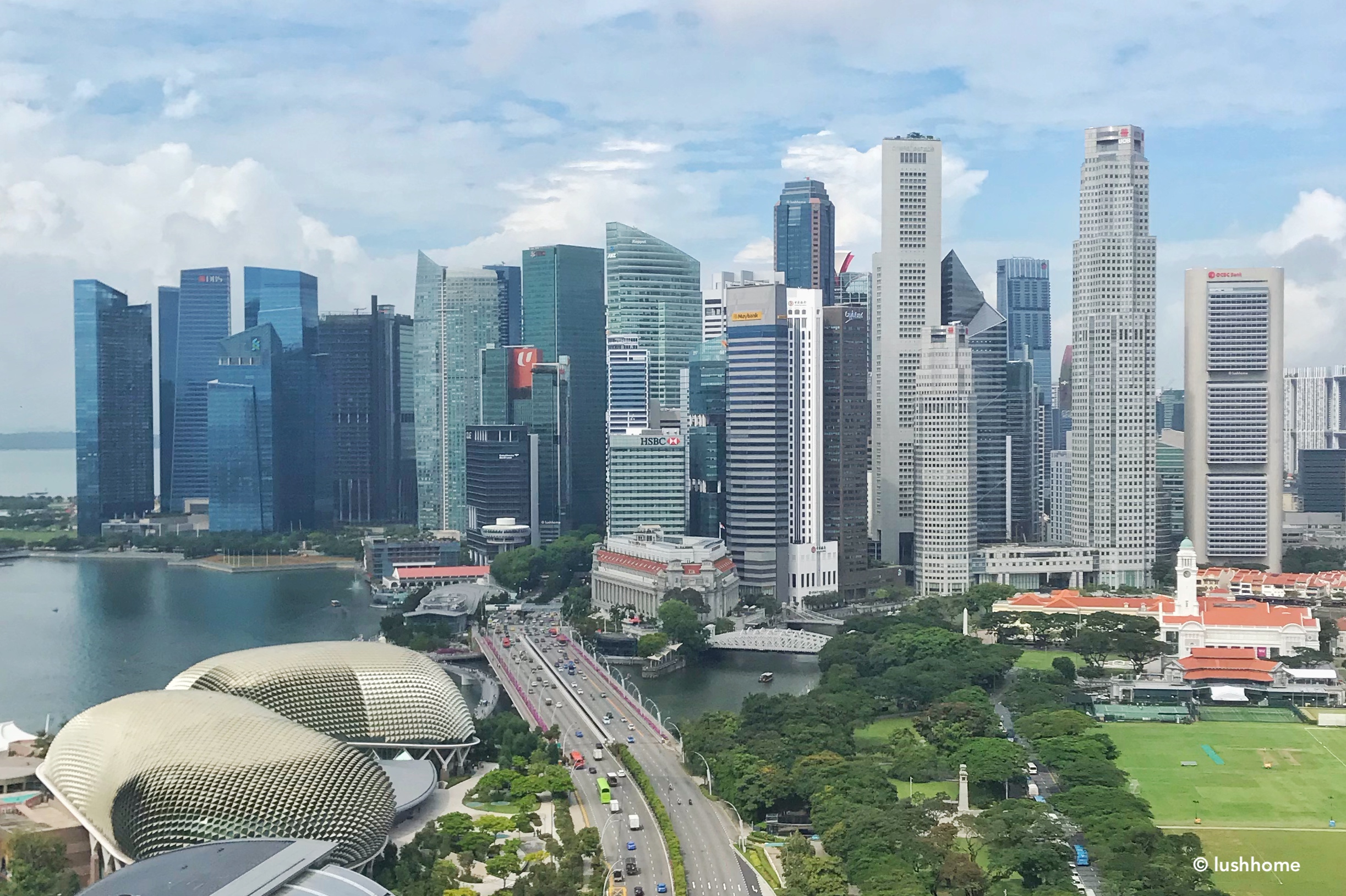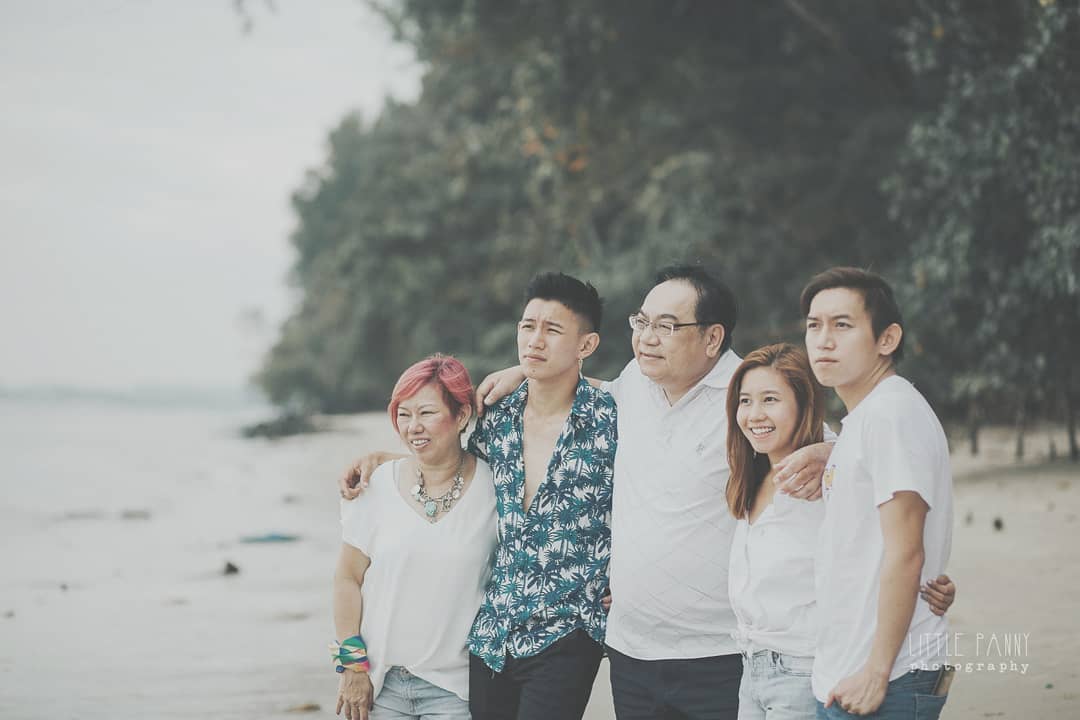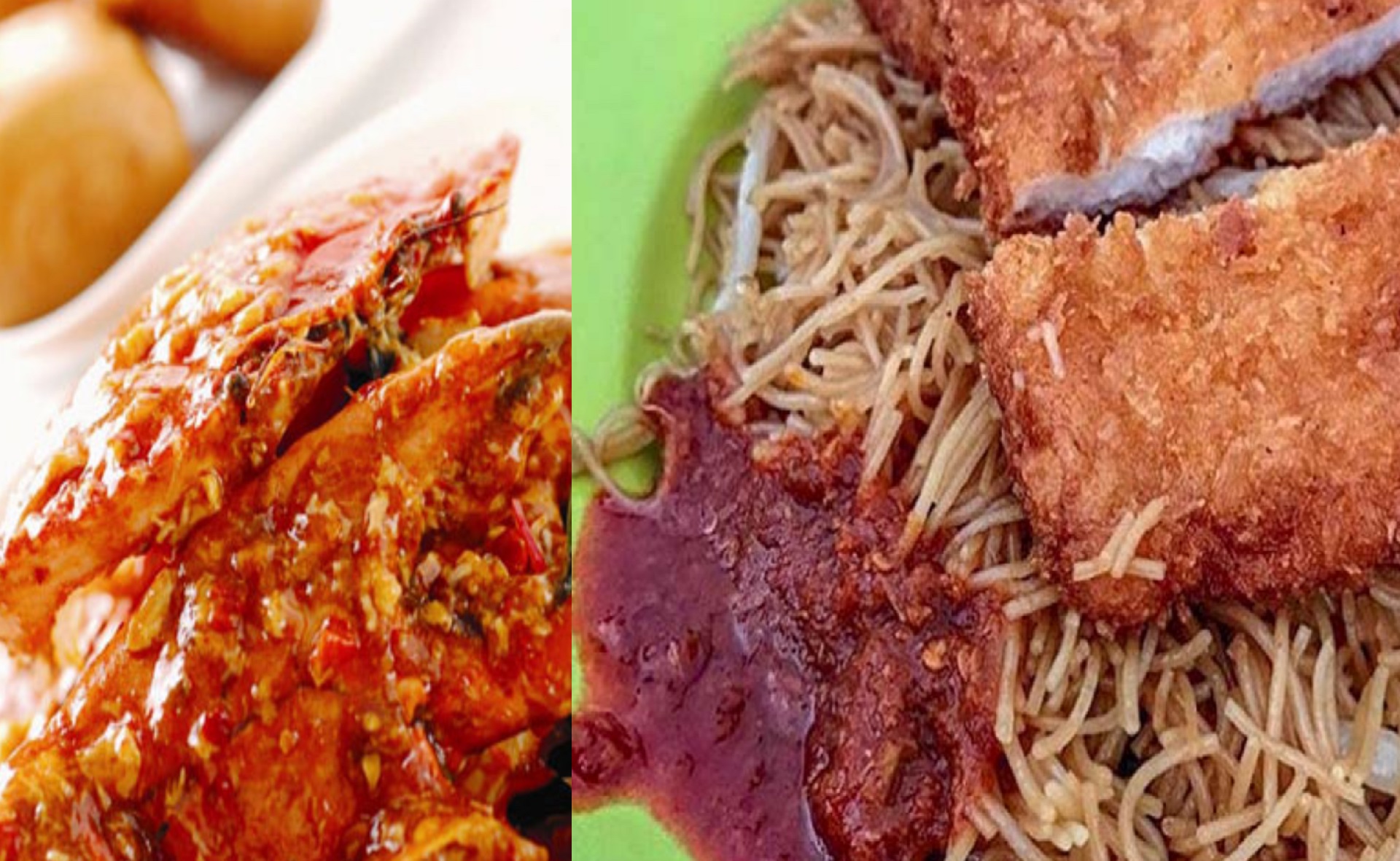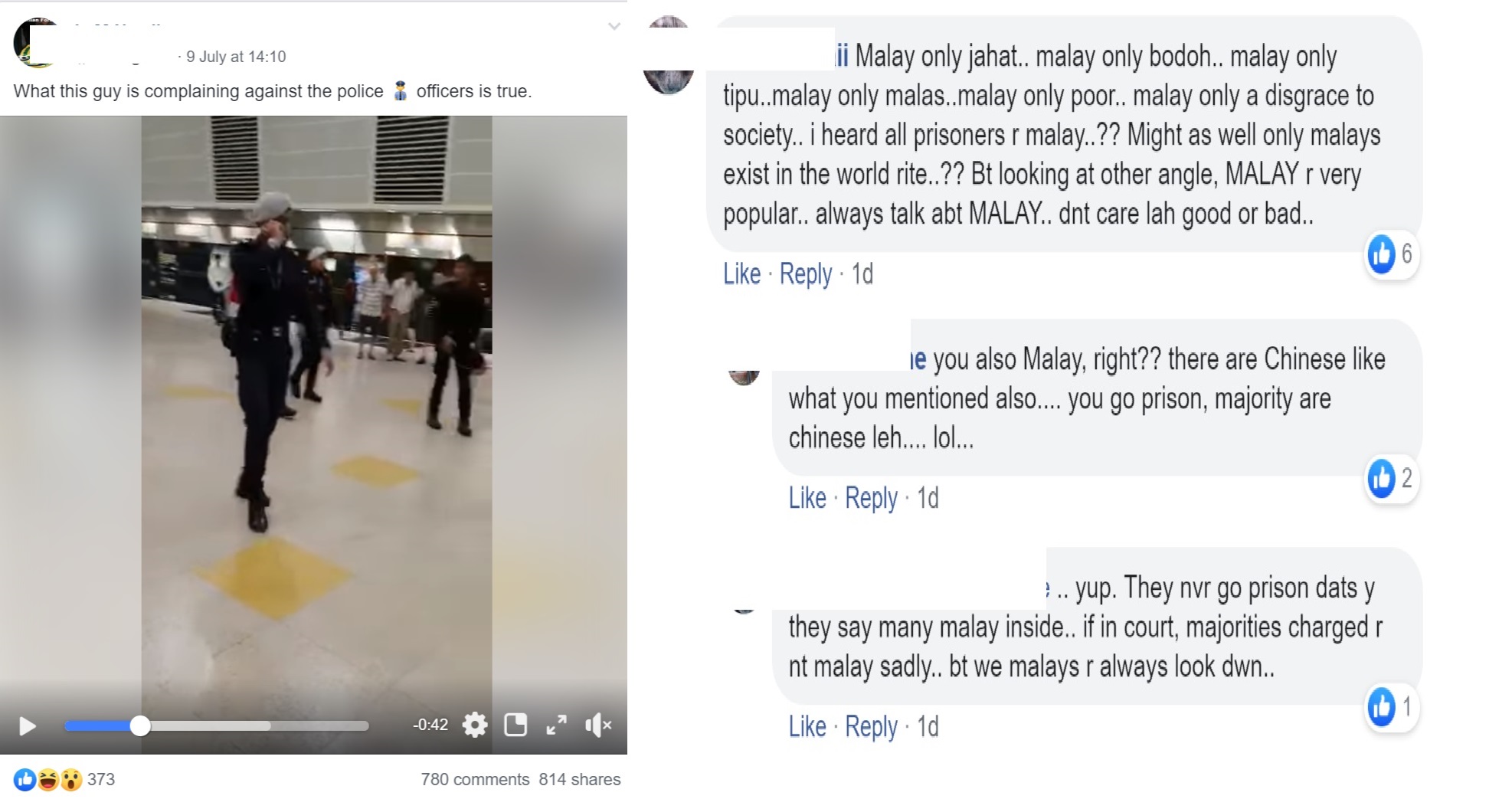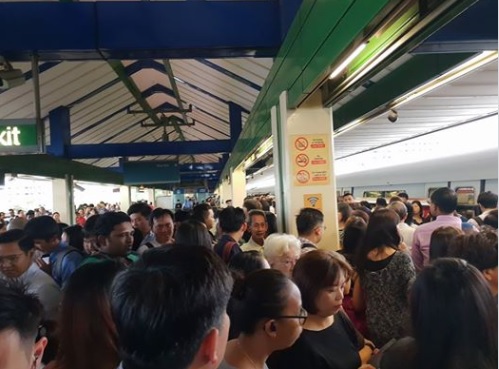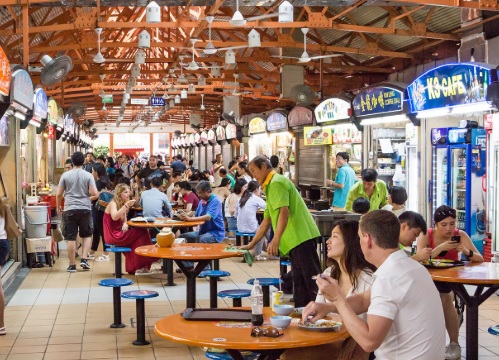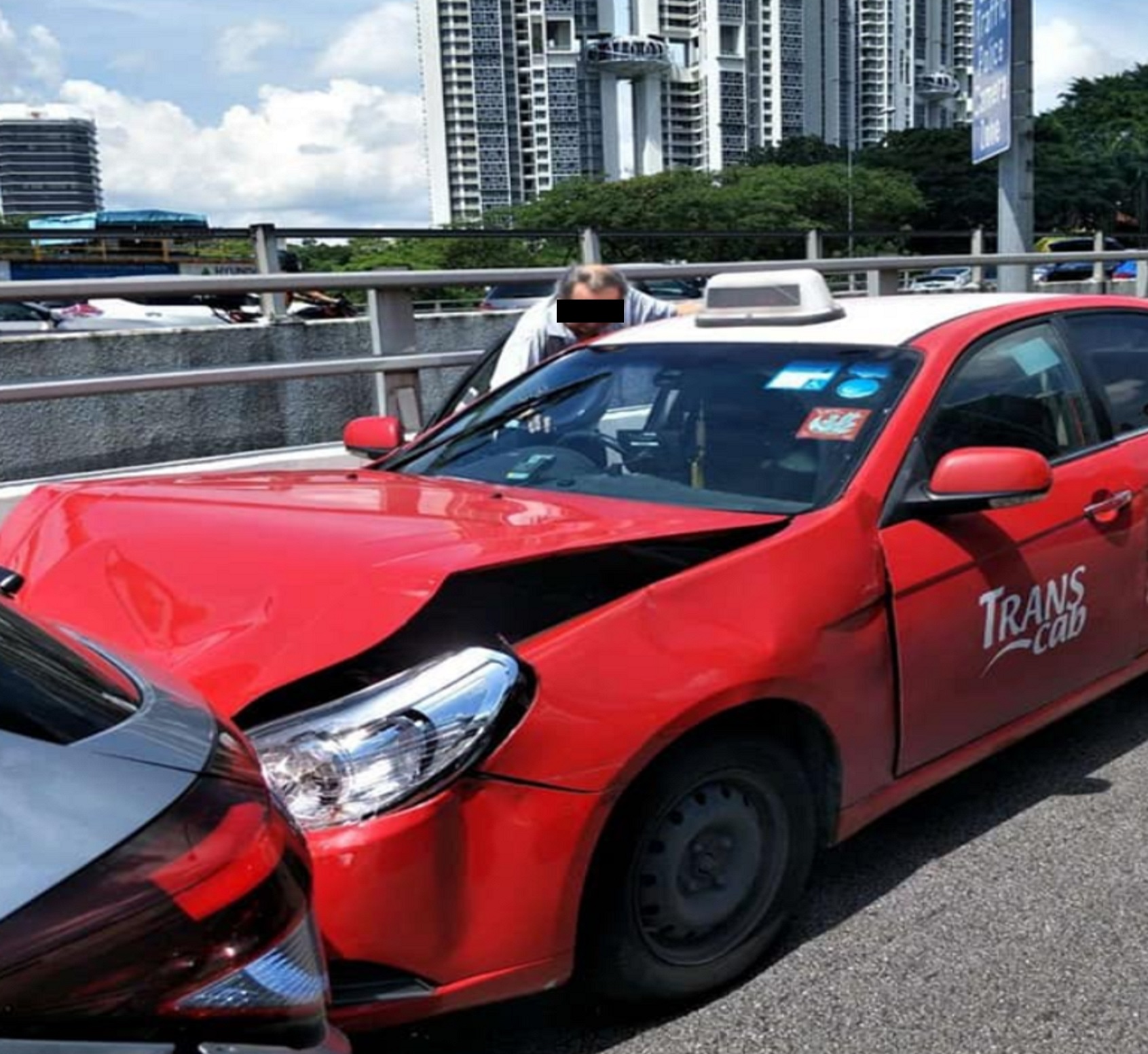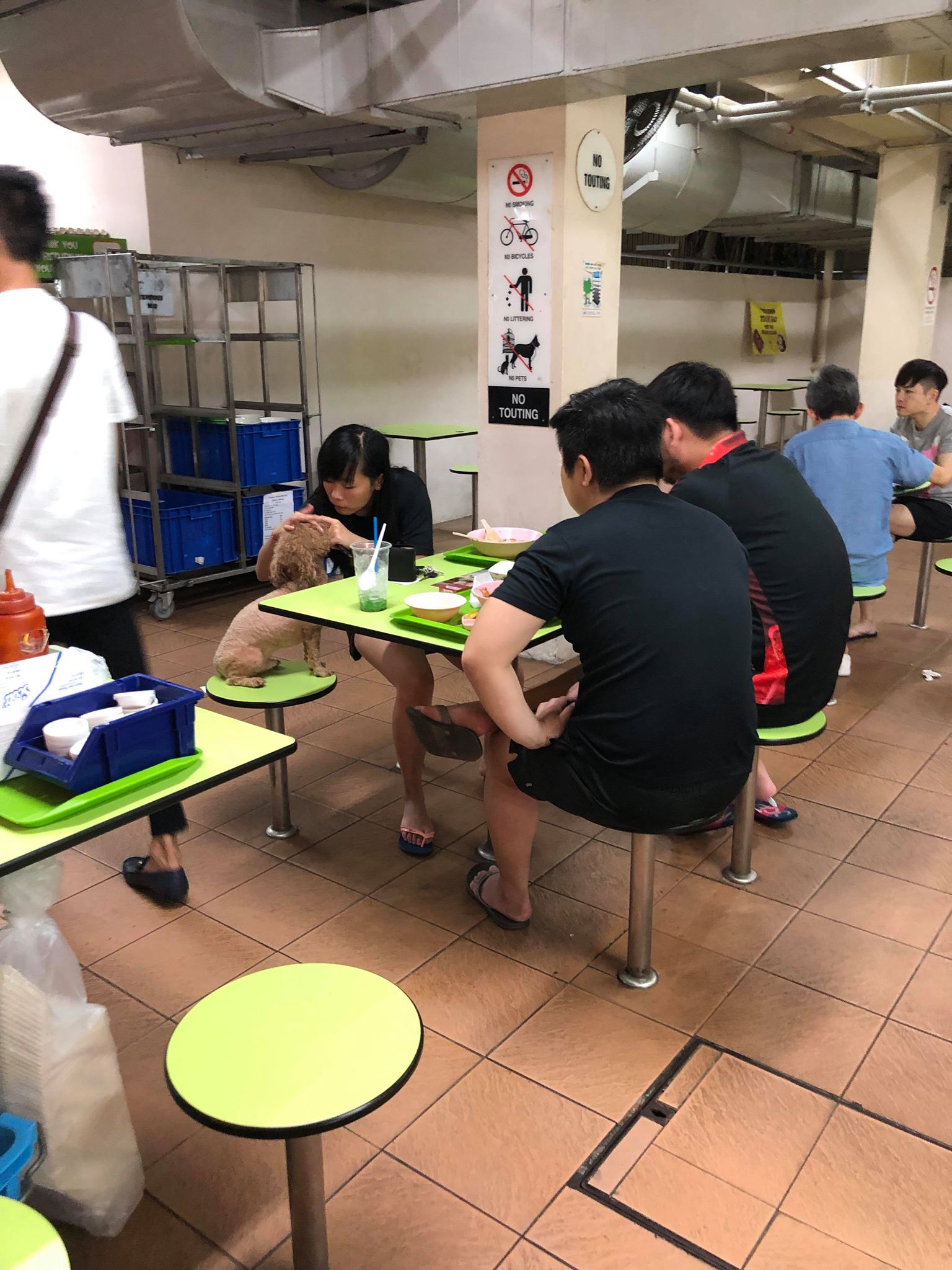By now, everyone and his dog or cat knows that Heng Swee Keat is the PM-designate slated to take over Lee Hsien Loong when the latter hands over the reins. Even the otters have heard the news. Chan Chun Sing, for a long time seen as a front-runner for the position because of his General-credentials (very important criteria for PAP), will play second-fiddle. Or reserve PM.
PAP supporters and IBs have expressed their support for Heng Swee Keat. In his youth, the Police scholar pursued an Economics degree at Cambridge. Later on, he attained a Master's of Public Administration at Harvard. Despite his stellar elite credentials, Heng is often described as a down-to-earth person who has a consultative style of leadership, and sharp intellect. Even the foreign press are painting him in a similarly good light. He was the man who, in his stint on the Ministry of Finance (MOF), was responsible in steering and helping Singapore navigate the turbulent economic period at the time of the financial crisis in 2007-2008.
His only setback is his health condition. During a Cabinet meeting in 2016, he suffered a stroke that would have been debilitating if not for the quick responses of colleagues and the professionalism of paramedics and medical team who attended to him. For one, Heng himself claims that he is over his health problems.
So it looks like he will be our PM soon?
Not so fast. In the first place, there is the assumption that Singaporeans will let PAP waltz back into power and the Parliament in the next elections. However, Singaporeans have seen how our neighbours created history by getting rid of an old institution, shaking up the political scene. If the majority of Singaporeans in the lower and middle-income groups are brave enough and vote according to their convictions, even a personable and capable leader like Heng will not be able to stem the tide of change. Singaporeans are increasingly getting better educated and better informed on all things political and social. PAP's tactics of fear-mongering and carrot dangling are not going to paper over the resentment of a people who are suffering from the high cost of living and social inequalities that are directly, and indirectly, attributable to the policies implemented by the PAP. The time for change is now.
Now, assuming that by some freak coincidence, the PAP still maintains a simple majority in Parliament and continues to lead Singapore, for how long will Heng be the PM? Heng will be around 59 years old by the time the elections is expected to take place in 2020. By comparison, Lee Hsien Loong was 52 when he became PM in 2004. Goh Chok Tong was even younger, becoming the PM in 1990 when he was just 49 years old. By the time he was 59 years old, Goh had already two terms (and two electoral contests) as a PM. Heng does not benefit from the same experience and it also looks like he will not have the time to amass that experience as a PM.
Time is simply not on Heng's side. His mentor, Lee Kuan Yew, was 67 when he stepped down from the position before Goh took over. Goh himself was 63 years old before he handed over the PM reins to Lee Hsien Loong. Lee Hsien Loong will be 68 years old in 2020.
PAP keeps banging on the drums on the importance of leadership renewal. They are not likely to deviate from this policy. From that, it would appear that Heng will only have one to two terms at most, as PM. If he serves two terms, it will likely be that like Lee Hsien Loong, Heng will spend that last term grooming his successor.
Coincidentally, both Chan Chun Sing and Ong Ye Kung will turn 51 in 2020. Five years from then, they will be 56 years old, at a ripe age, and by then with the right experiences and profiles to become a PM. The more one looks at it, the more you are convinced that Heng, if he becomes a PM, will only help Lee Hsien Loong to bridge the transitional gap to the next generation of PMs-in-waiting. Would you vote for someone like that?
The writer, Kelvin, has no time to lose. No time to wait.
